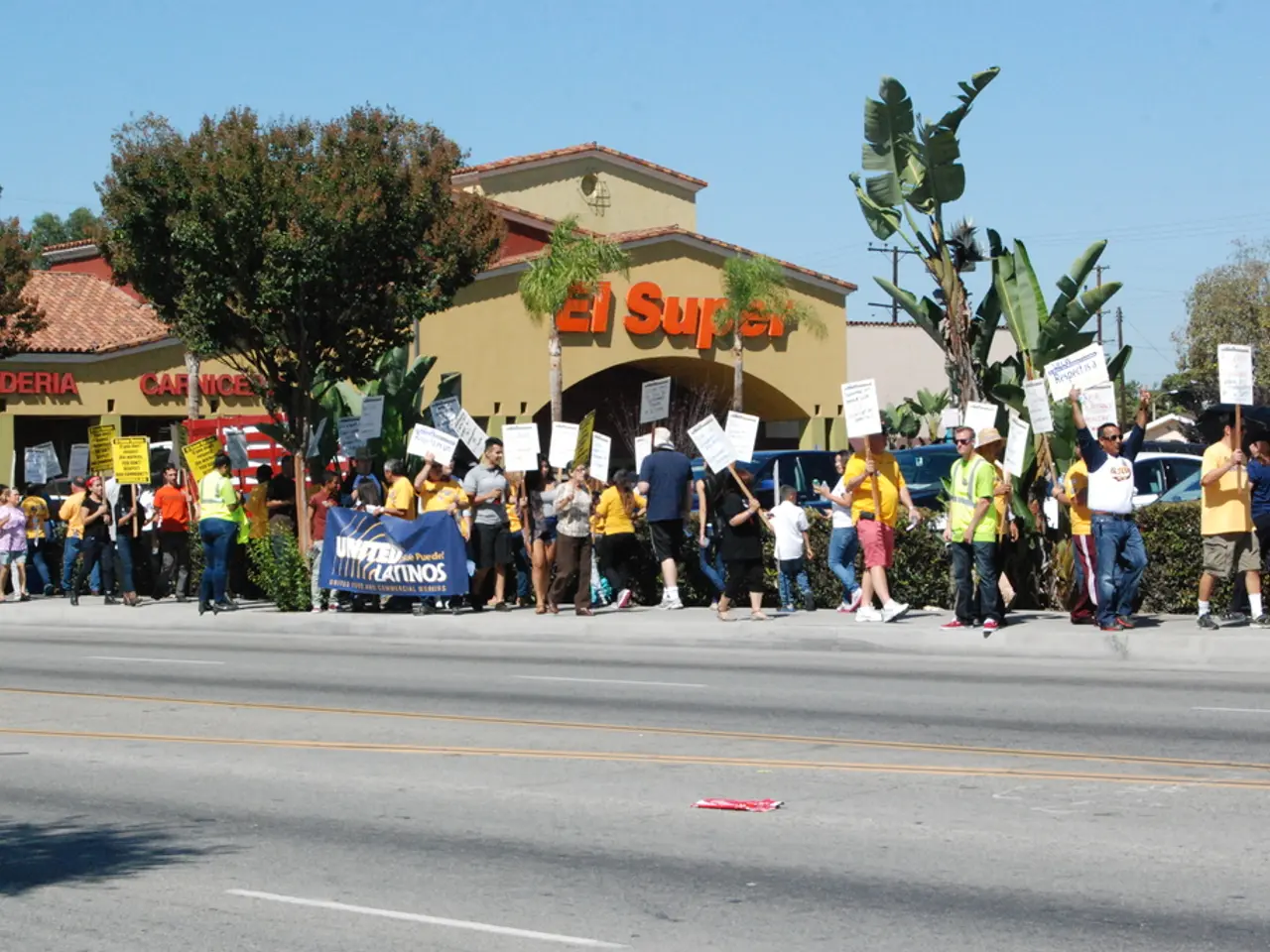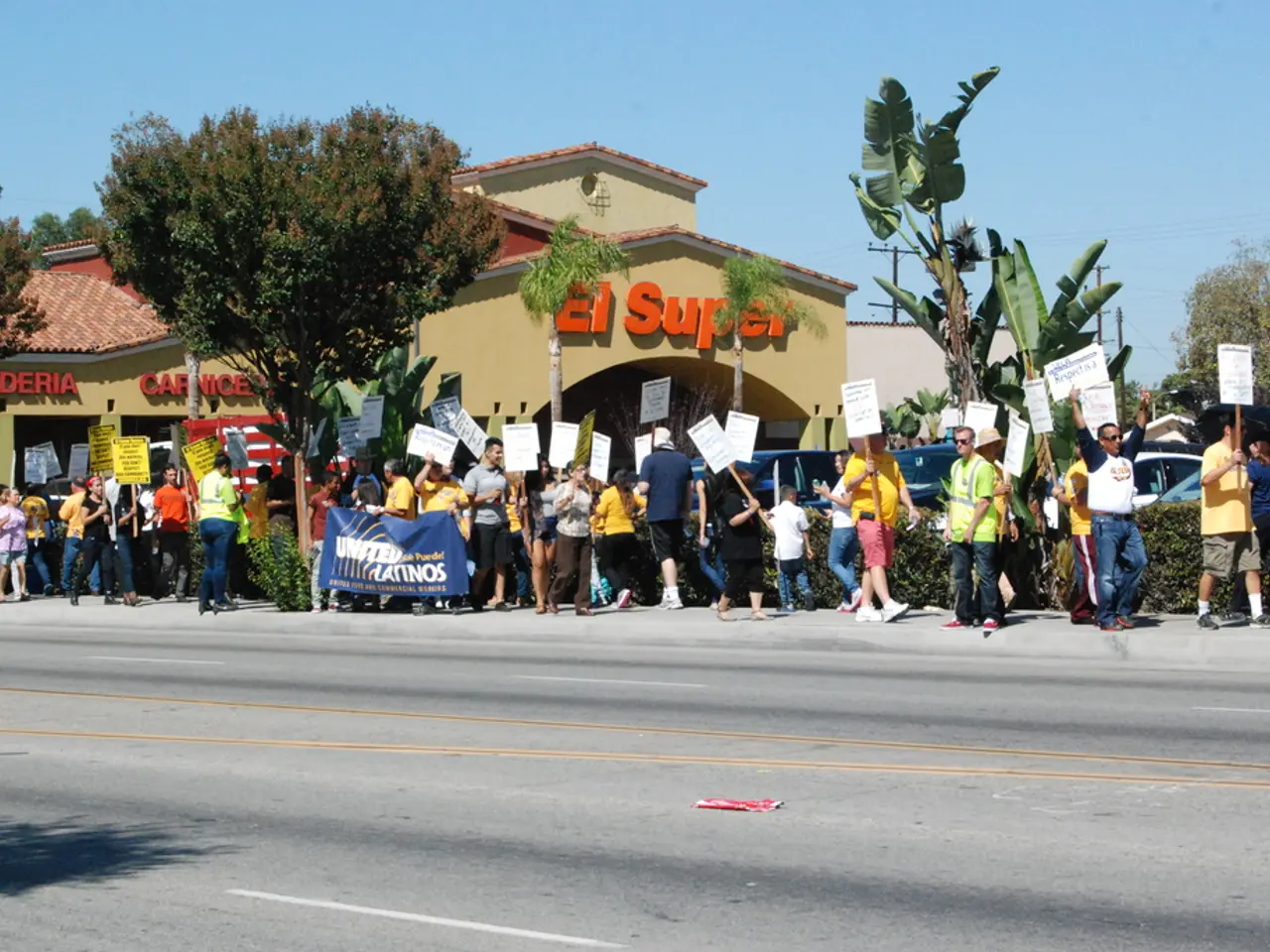Appeal confirms verdict against Bosnian Serb leader Dodik - European Court Upholds Decision Against Bosnian Serb Leader Dodik, as Previously Ruled by European Court
In a landmark ruling, an appeals court in Bosnia has confirmed a one-year prison sentence for Milorad Dodik, the pro-Russia Bosnian Serb President, related to his actions against the UN High Representative in Bosnia-Herzegovina. Alongside the prison sentence, Dodik received a six-year ban from holding public office.
The charges against Dodik stem from his enactment of laws opposing the decrees of Christian Schmidt, the current UN High Representative in the region. Schmidt, a former German Federal Minister of Agriculture, assumed the post amid controversy due to a lack of UN Security Council approval, as required by the Dayton Agreement.
Dodik was accused of violating a decree criminalizing failure to implement orders from the High Representative. During the appeal process, Dodik rejected the trial as politically motivated and called for Republika Srpska’s parliament to ban the federal police and other institutions aligned with the federal government.
The core legal debate revolves around whether the High Representative's authority extends to criminal matters. Advocates for Dodik argue that the High Representative's mandate, per Annex 10 of the Dayton Agreement, is limited to civil and administrative issues and does not grant power to impose criminal liability, which they contend must be approved by the Parliamentary Assembly.
However, the appeals court upheld the conviction despite these arguments, solidifying the sentencing against Dodik. This outcome reflects ongoing political and legal tensions in Bosnia-Herzegovina over the role and authority of international representatives versus domestic entities under the Dayton Agreement.
The UN High Representative's jurisdiction in the region is being challenged by Dodik, who has prohibited the implementation of decisions by the High Representative. As a result, the UN High Representative's decisions are not being implemented in the region. This situation underscores the complexities and challenges of peacekeeping and nation-building efforts in post-conflict regions.
- The ruling against Milorad Dodik, the Bosnian Serb President, highlights the ongoing debates in policy-and-legislation surrounding the authority of the United Nations High Representative, particularly in matters of common commercial policy and war-and-conflicts, as seen in the dispute over the implementation of decisions related to the High Representative.
- The conflicts between Dodik and the UN High Representative in Bosnia-Herzegovina serve as a case study in the complexities of politics and general-news reporting, as the trial of Dodik is not only a legal issue but also a test of the community law established by the Dayton Agreement, with implications for peacekeeping and nation-building efforts in post-conflict regions.








